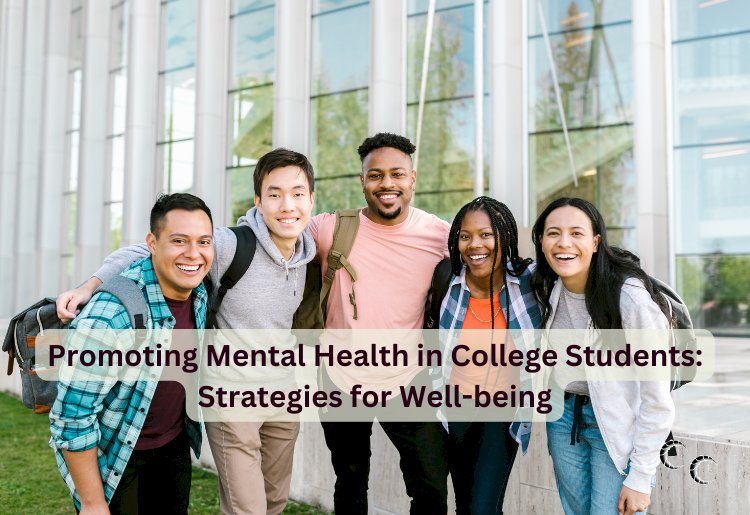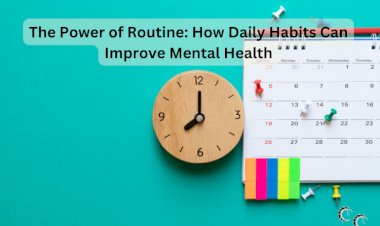Promoting Mental Health in College Students: Strategies for Well-being

Hey there, all you out there in Cyberspace!
Today, let's talk about something incredibly important: promoting mental health on campus. College can be an exciting time filled with new experiences, friendships, and opportunities for personal growth. However, it can also be a time of stress, pressure, and uncertainty, which can take a toll on mental well-being if not properly addressed. By prioritizing mental health and implementing strategies to support students, colleges and universities can create a culture of well-being that empowers students to thrive academically, socially, and emotionally.
One of the first steps in promoting mental health on college campuses is to raise awareness and reduce stigma surrounding mental health issues. Many students may hesitate to seek help for fear of being judged or misunderstood. By fostering open and honest conversations about mental health, colleges can create a supportive environment where students feel comfortable reaching out for support when needed. This can include hosting workshops, events, and awareness campaigns to educate students about common mental health concerns and available resources.
Additionally, colleges can provide access to a range of mental health services and resources to support students' well-being. This can include on-campus counseling services staffed by licensed mental health professionals who can provide individual therapy, group counseling, and crisis intervention services. Colleges can also offer workshops and support groups focused on topics such as stress management, mindfulness, and coping skills to help students develop healthy strategies for managing their mental health.
Furthermore, colleges can promote mental health through campus-wide initiatives and policies that prioritize student well-being. This can include implementing flexible academic policies to accommodate students' mental health needs, promoting a healthy work-life balance through scheduling and workload considerations, and creating safe and supportive living environments in dormitories and residence halls. Additionally, colleges can offer resources and support for students experiencing housing insecurity, food insecurity, or other socioeconomic challenges that may impact mental health.
Another crucial aspect of promoting mental health on college campuses is fostering a sense of community and belonging among students. Feeling connected to others and having a support network can significantly impact mental well-being. Colleges can facilitate opportunities for students to build relationships and connections through clubs, organizations, and social activities. Additionally, colleges can promote a culture of inclusivity and acceptance that celebrates diversity and respects individual differences, creating a welcoming environment where all students feel valued and supported.
Finally, colleges can empower students to take an active role in promoting their own mental health by providing them with tools and resources for self-care and resilience-building. This can include promoting healthy lifestyle habits such as regular exercise, balanced nutrition, adequate sleep, and stress management techniques. Additionally, colleges can encourage students to prioritize self-care activities that bring them joy and fulfillment, whether it's practicing mindfulness, journaling, spending time in nature, or engaging in creative pursuits.
In conclusion, promoting mental health in college students requires a comprehensive and holistic approach that addresses the diverse needs of students and creates a supportive environment where all students can thrive. By raising awareness, reducing stigma, providing access to resources and support services, fostering a sense of community and belonging, and empowering students to prioritize their own well-being, colleges can play a vital role in promoting mental health and creating a campus culture that supports the whole student. Together, let's prioritize mental health and create a brighter, healthier future for college students everywhere.





























